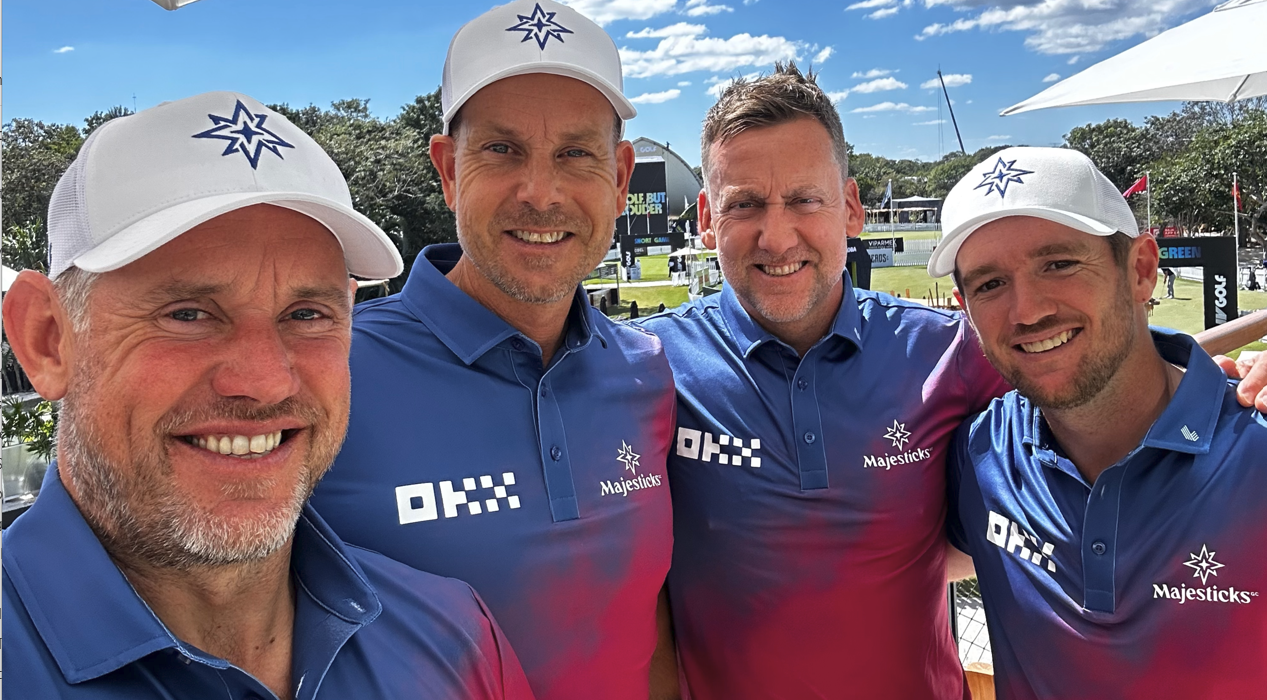November 29, 2022
How to Get the Most Out of Your Labor Management System (LMS) Using Multiple Variable Standards to Impact Warehouse Output
This article first appeared in Logistics Viewpoints, in November 2022. Author: Jason Milbrandt.
You were smart enough to invest in a tier one labor management system (LMS), but is your LMS smart enough to deliver the productivity you expected? Is your system using multiple variable standards (MVS) in your LMS? Like any intelligent system, your LMS is only as smart as the quality of content you feed it and the ability to quantify that information.
Ask yourself, are you able to gauge fluctuating factors in your warehouse, such as pick density, case sizes, slotting arrangements, and other variables? Or are you strictly measuring productivity based on cases or units per hour per worker?
The former pertains to engineered labor standards, which is just a more scientific way of saying multiple variable standards (MVS). The latter refers to a single variable standard (SVS), by which one metric, such as cases per hour, is expected to tell all.
If you’re like many LMS users, you may find the concept of MVS a bit confusing. If so, MVS is a form of work measurement designed to gauge the time it takes for a trained worker to accomplish a specific task to an acceptable level of performance. MVS uses engineered work-measurement techniques to derive fair and accurate productivity goals for warehouse workers based on variables fed from your warehouse management system (WMS). The more you dissect a warehouse task into its composite variables, the better you can test how subtle changes in a routine can create rapid improvements.
The Difference Between Single Variable Standards (SVS) and Multiple Variable Standards (MVS)
An SVS represents a static snapshot in time. You may be getting a worker to move 100 cases an hour today, but if a new line of product is introduced into the warehouse that doesn’t match the same size and weight as the cases used to set your 100-case metric, you will have to measure and input the new product data to arrive at a new performance goal. Every change in the routine requires another change in your SVS. Ad infinitum.
What’s more, because an SVS approach only accounts for one metric at a time, a host of other equally if not more important metrics are bypassed, leaving you largely in the dark. Using our cases per hour example, you would overlook travel distances involved, equipment used, or any other countless important variables involved in the task.
With an MVS, every task in your warehouse gets measured and input once. After that, regardless of what changes, your WMS has all the data it needs to inform your LMS of the expected outcomes. Work proceeds uninterrupted. You gain a running picture of performance standards in your warehouse. Your LMS suddenly becomes the smart support manager you knew it could be and serves as your platform for continuous improvement.
What to Measure
Training your LMS to be smart enough to deliver the productivity you expect can be a complex operation. Think of it like this. If your WMS is the brains behind your operation, your LMS serves as its reporter and interpreter. To operate effectively, your WMS must first learn each of your worker’s jobs in minute detail. Then, your LMS can offer intelligent assessments of warehouse activities to arrive at a fair assessment of worker output.
Give your LMS the data it needs to function optimally with multiple variable standards (MVS). That one-time investment of effort will pay dividends on your road to continuous improvement.






















